- Over 200 IDPs in Ponnagyun struggle without shelter, food aid
- Junta airstrikes inflict deep psychological trauma on children in Arakan State
- Photo News: Over 200 IDPs in Ponnagyun in urgent need of shelter assistance
- Two children injured by UXO in Mrauk-U struggle to afford medical care
- High hepatitis cases hit children in Arakan State
Is Daw Aung San Suu Kyi dialogue a card Myanmar’s military regime has yet to play?
Nearly 18 months since the February 2021 military coup, Myanmar’s ongoing political crisis arguably appears more intractable than ever. The regime has been unable to put an end to the robust armed resistance to its rule that has sprung up and grown since last year’s putsch, while at the same time the military junta shows no sign of relinquishing its hold on power.
09 Jul 2022
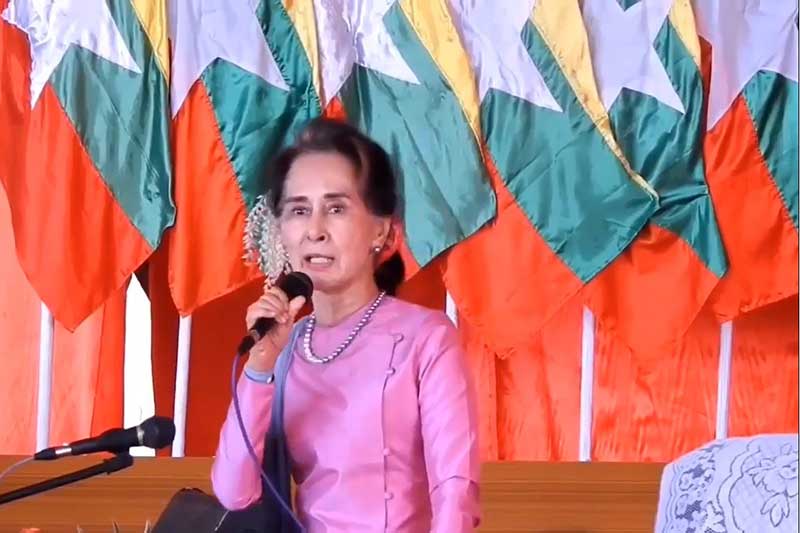
DMG Newsroom
9 July 2022, Sittwe
Nearly 18 months since the February 2021 military coup, Myanmar’s ongoing political crisis arguably appears more intractable than ever. The regime has been unable to put an end to the robust armed resistance to its rule that has sprung up and grown since last year’s putsch, while at the same time the military junta shows no sign of relinquishing its hold on power.
But after ASEAN Special Envoy to Myanmar Prak Sokhonn made his second visit to Myanmar in late June, political observers are exploring the possibility of a dialogue between detained former State Counselor Daw Aung San Suu Kyi and the military regime.
“There is nothing impossible in politics,” junta spokesman Major General Zaw Min Tun recently told Agence France-Presse. “We cannot say that [negotiations with Suu Kyi] are impossible.”
In April of last year, two months after the coup, ASEAN leaders and junta chief Min Aung Hlaing reached a five-point consensus regarding the Myanmar crisis.
The five steps the junta agreed to with the ASEAN leaders are: an immediate end to violence in the country; dialogue among all parties concerned; the appointment of a special envoy; provision of humanitarian assistance by ASEAN; and a visit by the bloc’s special envoy to Myanmar to meet with all parties.
One year on, critics say the regime has shown little interest in fully implementing the agreement. Some observers have suggested that the regime might hold talks with the National League for Democracy (NLD) chairwoman as it is under growing international pressure amid a deepening political and economic crisis.
Political analyst U Than Soe Naing said the regime might consider holding talks with Daw Aung San Suu Kyi as it has been unable to crush the resistance movement.
“Given the current military situation, the regime might be under pressure to hold talks with her. But there are a lot of obstacles,” he told DMG.
The ASEAN special envoy, who is also the Cambodian foreign minister, met with junta chief Min Aung Hlaing as well as seven signatories to the Nationwide Ceasefire Agreement and seven political parties during his second visit to Myanmar recently.
Arakan National Party (ANP) chairman U Tha Tun Hla, who attended the political parties meeting, said at the top of the agenda was how to implement the ASEAN five-point consensus.
“The ASEAN special envoy compared Myanmar’s situation with Cambodia’s peace process, and stressed that even if all-inclusive dialogue is impossible now, [the regime] needs to start holding dialogue with major stakeholders to find a solution,” said the leader of the ANP, one of two Arakanese parties, along with the Arakan Front Party, to meet with Prak Sokhonn.
During his latest visit, the regime rejected the ASEAN special envoy’s request to meet with Daw Aung San Suu Kyi, who is now placed under solitary confinement in a Naypyidaw prison.
Veteran politician U Pe Than said the regime might yet use Daw Aung San Suu Kyi as a “bargaining chip.”
“The regime might use Daw Aung San Suu Kyi as a bargaining chip, and might opt for a dialogue with her when there is no other way out,” he explained. “However, the regime has filed charges and imposed prison sentences on her. So, the regime might not hold talks with her unless forced by circumstances.”
The regime has filed a total of 19 charges against Daw Aung San Suu Kyi. Combined, guilty verdicts could see her sentenced to more than 100 years in prison. The regime has so far given her 11 years in prison on six charges.
According to the Assistance Association for Political Prisoners (AAPP), Daw Aung San Suu Kyi is one of more than 11,000 people detained since the coup. But for the military regime, there are few political prisoners as problematic, and potentially useful, as the deposed state counsellor.




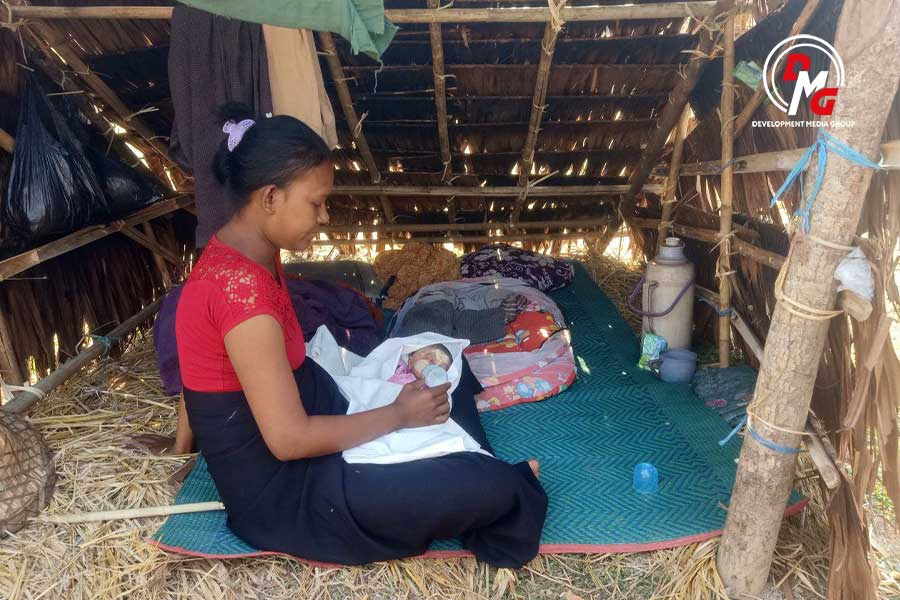
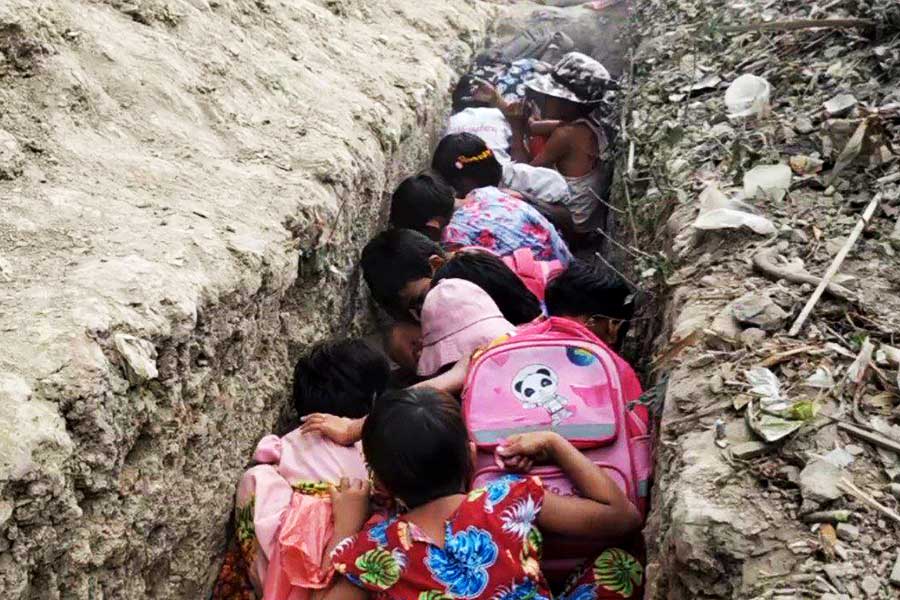
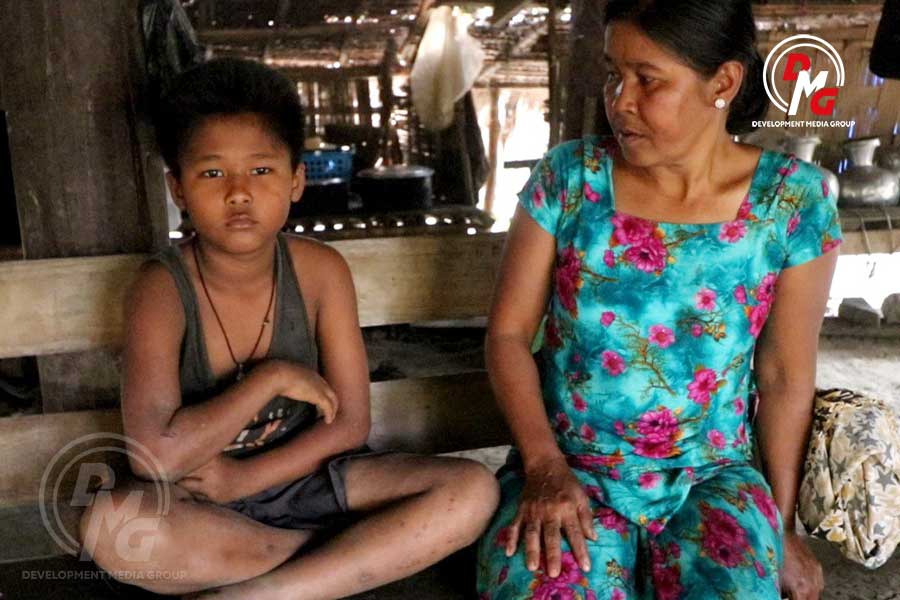
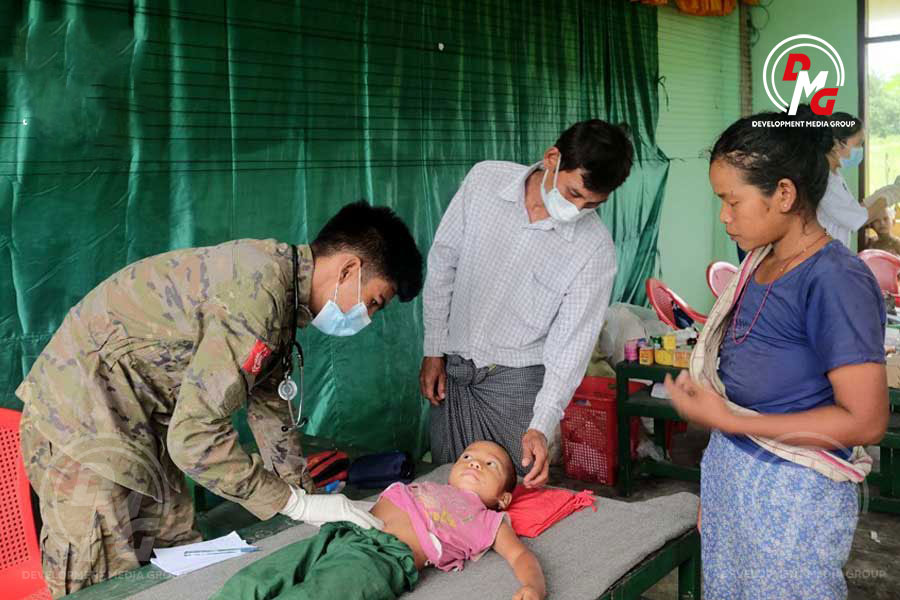
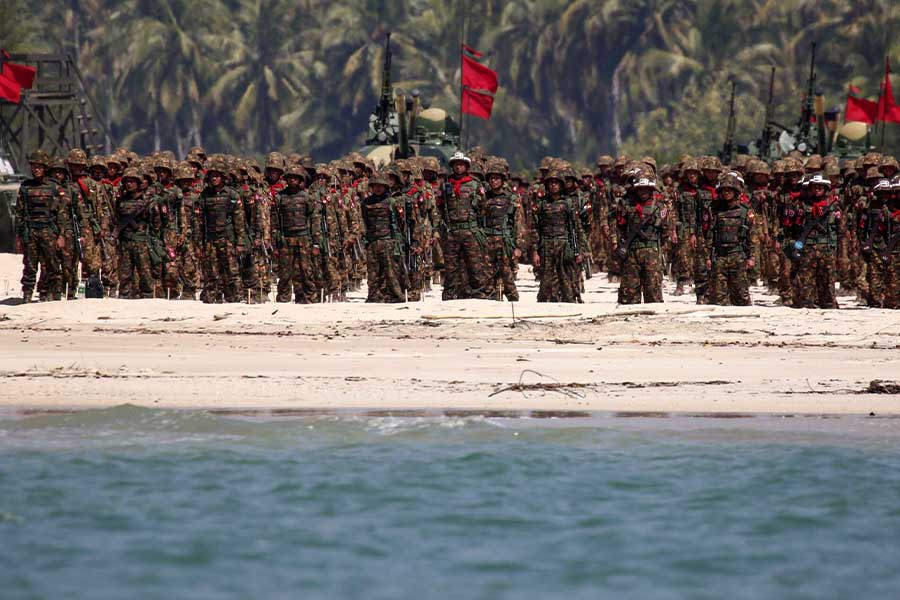








.jpg)